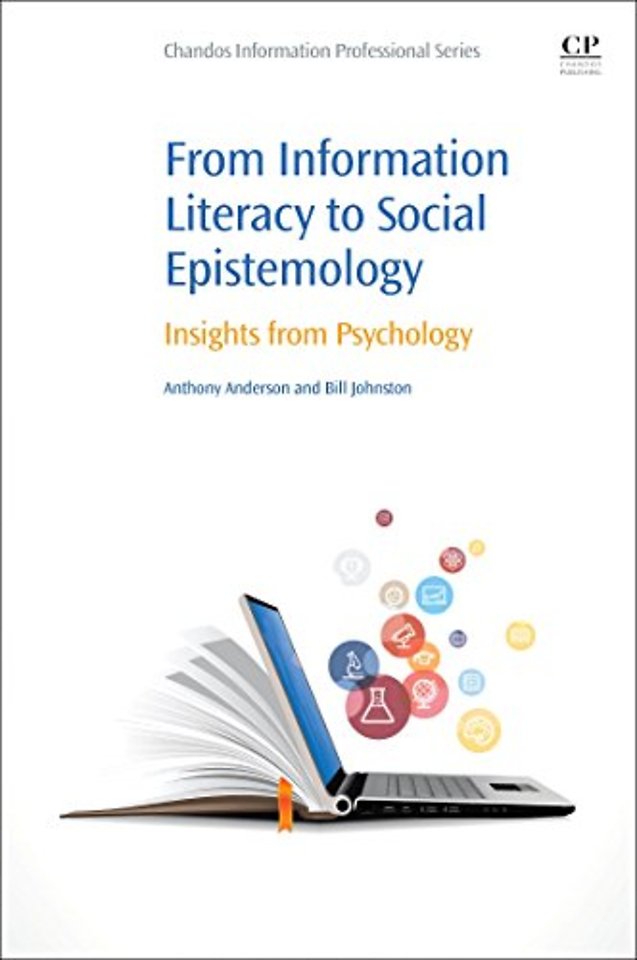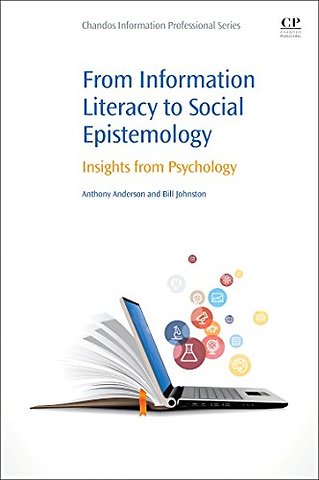From Information Literacy to Social Epistemology
Insights from Psychology
Paperback Engels 2016 9780081005453Samenvatting
From Information Literacy to Social Epistemology: Insights from Psychology focuses on information and the ways in which information literacy relates to critical thinking in education, the workplace, and in our social life.
The broad context for our interest is the development in internet technologies often characterised by terms like the ‘digital age’, leading to questions of digital participation, digital divides, and the role of thinking in the information society.
In short, to what extent is the ‘digital age’ engendering changes in learning directed towards the better use of information, and in addition, encouraging or even requiring improvements in critical thinking?
Specificaties
Lezersrecensies
Inhoudsopgave
Rubrieken
- advisering
- algemeen management
- coaching en trainen
- communicatie en media
- economie
- financieel management
- inkoop en logistiek
- internet en social media
- it-management / ict
- juridisch
- leiderschap
- marketing
- mens en maatschappij
- non-profit
- ondernemen
- organisatiekunde
- personal finance
- personeelsmanagement
- persoonlijke effectiviteit
- projectmanagement
- psychologie
- reclame en verkoop
- strategisch management
- verandermanagement
- werk en loopbaan

